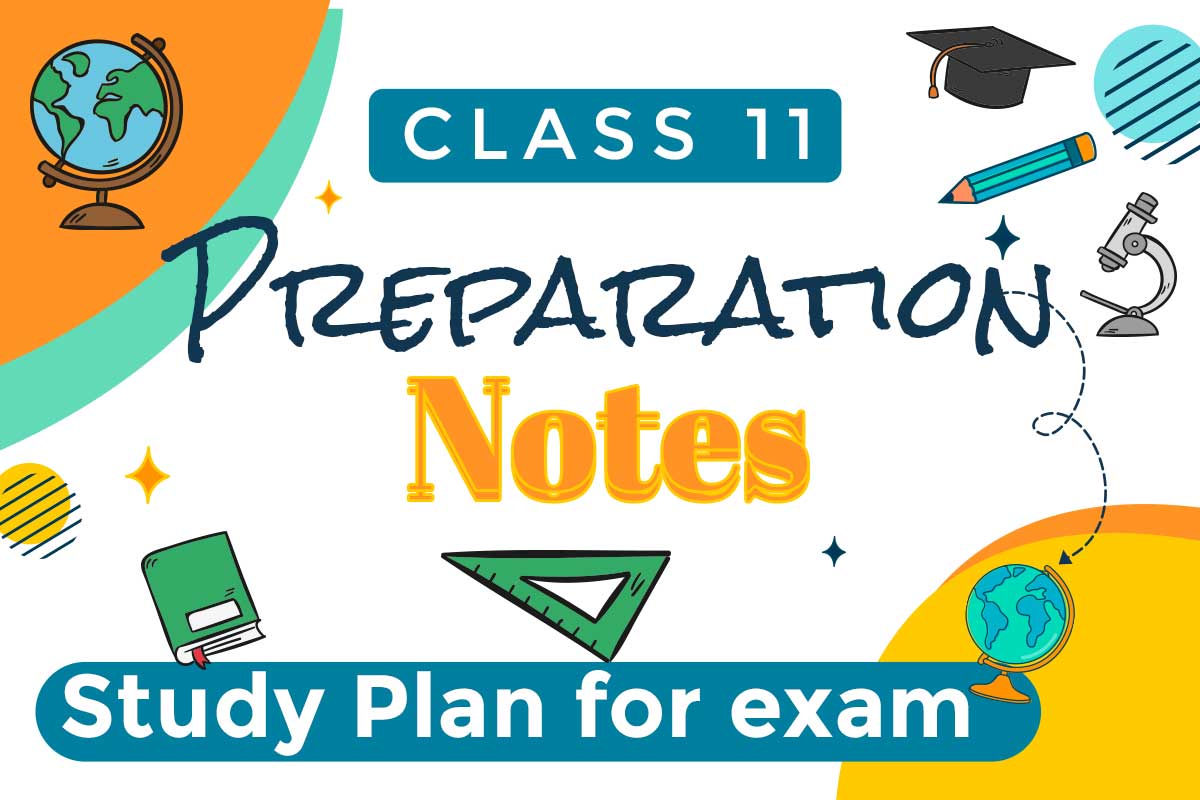Welcome to the ultimate study plan tailored for Class 11 students preparing for their 2025 exams. This comprehensive guide caters to students from all streams—Science, Commerce, and Arts—ensuring a focused and effective approach to mastering key subjects. Class 11 is a pivotal year that bridges foundational concepts with advanced learning, making it essential to adopt a strategic plan that prioritizes conceptual clarity and disciplined preparation.

